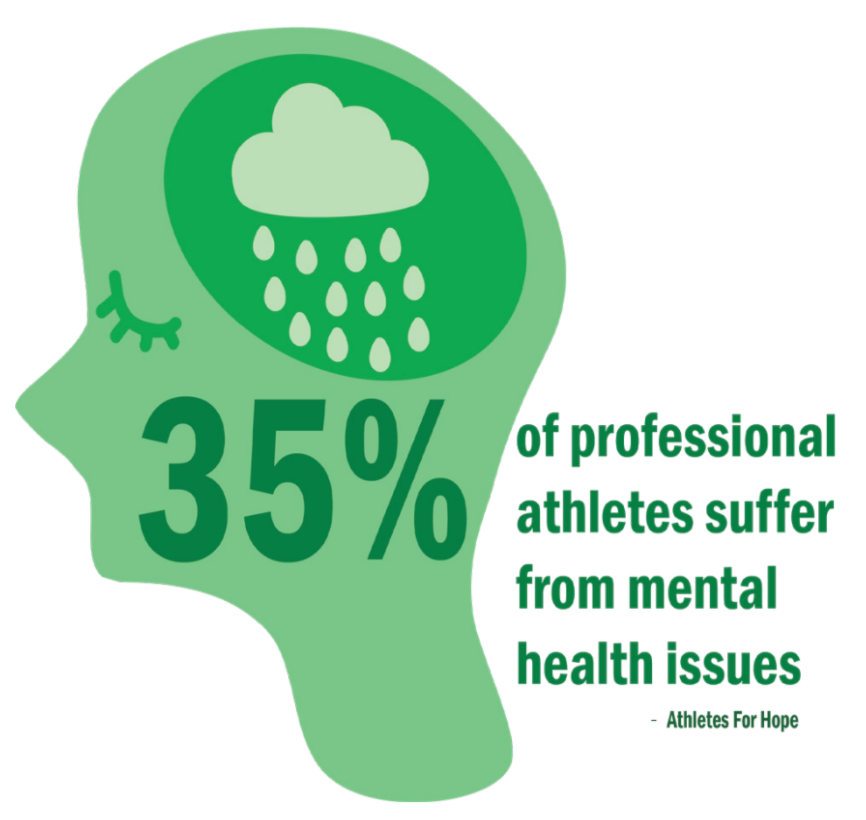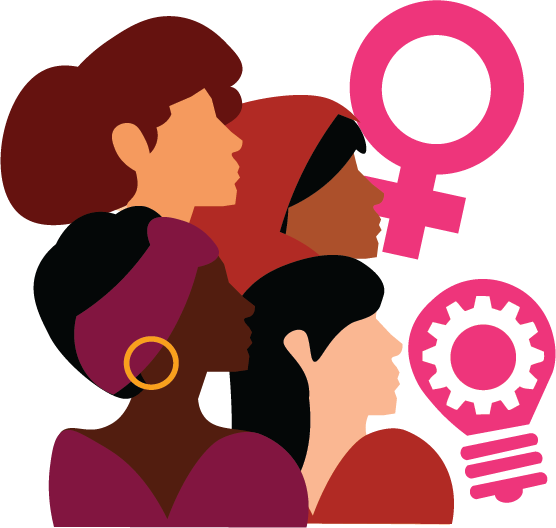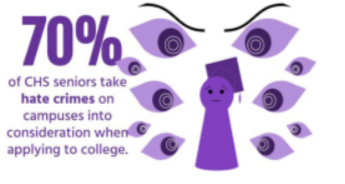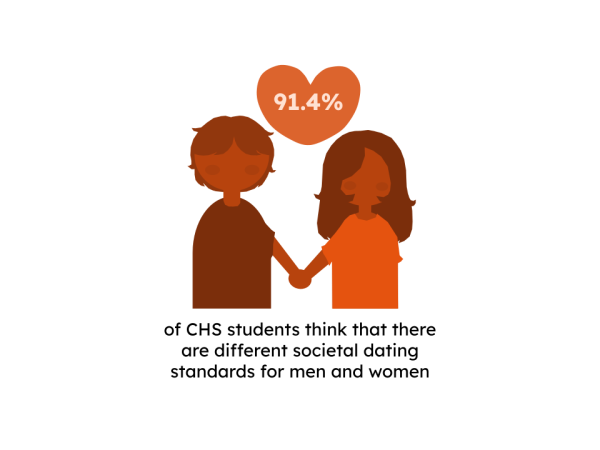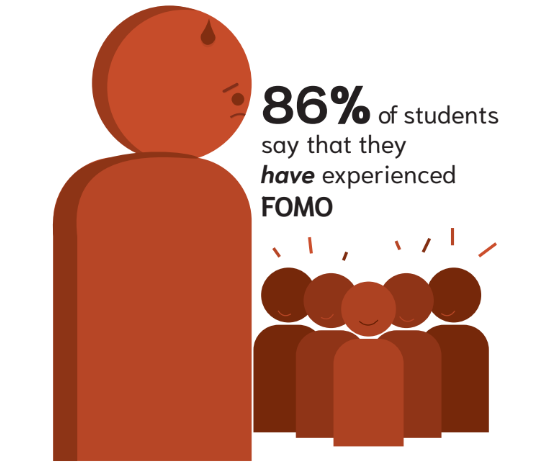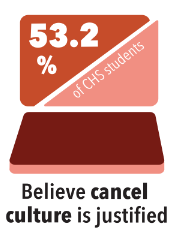Sports icons spark the conversation surrounding mental health
BLOT GRAPHIC BY Z. SABRINA LIDING
Professional athletes are speaking out on the importance of mental health.
January 28, 2022
When asking a parent or a grandparent their opinion on athletes speaking out about their mental health, they’ll most likely respond with that such a thing never existed. However, when speaking to a professional or student athlete, one will find a common feeling of emptiness.
According to Athletes For Hope, 35% of professional athletes suffer from mental health issues but a very small portion of them have publicly spoken about it. Many athletes fear public humiliation and feel as though their emotions are invalid.
CHS student athletes like freshman Aki Sykes of Tinton Falls, a Monmouth Regional softball player, recognizes the toll sports can take on an athlete.
“I think that a lot of student athletes put a lot of pressure on themselves, which leads to a lot of mental health issues,” Sykes said. “This creates an unrealistic image of how they view themselves.”
One athlete that has been, very vocal about battling her mental health issues is Naomi Osaka. Ranked the No. 1 Women’s Tennis Player by the Women’s Tennis Association, Osaka has not shied away from speaking out about how mentally detrimental pro-sports is.
“In any other line of work, you would be forgiven for taking a personal day here and there, so long as it’s not habitual. You wouldn’t have to divulge your most personal symptoms to your employer,” Osaka said. “I felt under a great amount of pressure to disclose my symptoms — frankly because the press and the tournament did not believe me.”
Like Osaka, Simone Biles has also shared her mental health experience, defining it as the “twisties” — when gymnasts lose control of their bodies when they are completing a twist mid-air. After the “twisties,” she wanted to guard herself from mental health issues; Biles dropped out of the 2020 Tokyo Olympics for this reason, according to Eurosport.
“If you looked at everything I’ve gone through for the past seven years, I should have never made another Olympic team,”
said Biles. “I should have quit way before Tokyo… It was too much.”
Verywell Health explains that gymnasts that go on to the Olympics typically start training as young as four and spend most of their time outside of school practicing.
The emotional burden caused by mental health has built over the years, resulting in athletes growing hatred for the sport they once loved, explained Eurosport.
“Put mental health first, because if you don’t then you’re not going to enjoy your sport, and you’re not going to succeed as much as you want to,” Biles said.
This sentiment isn’t unique to Biles and Osaka; world champion swimmer Michael Phelps is a vocal advocate of therapy in the sports world.
“As a male athlete, I always thought it was a sign of weakness if I showed I was being vulnerable. It’s not weakness,” Phelps said. “If we’re injured, they’re going to fix our broken bones, but if we’re mentally struggling, we have to get help and we have to get it in safe places.”
The 2020 Tokyo Olympics was a wake up call to the world: athletes are human too, and while they aren’t always transparent with their mental health, that doesn’t mean that they’re not hurting.
After these publicized health struggles gained traction, the conversation regarding athletes advanced in advocation.
“Use every outlet given to you. You’re not alone,” Biles said.



